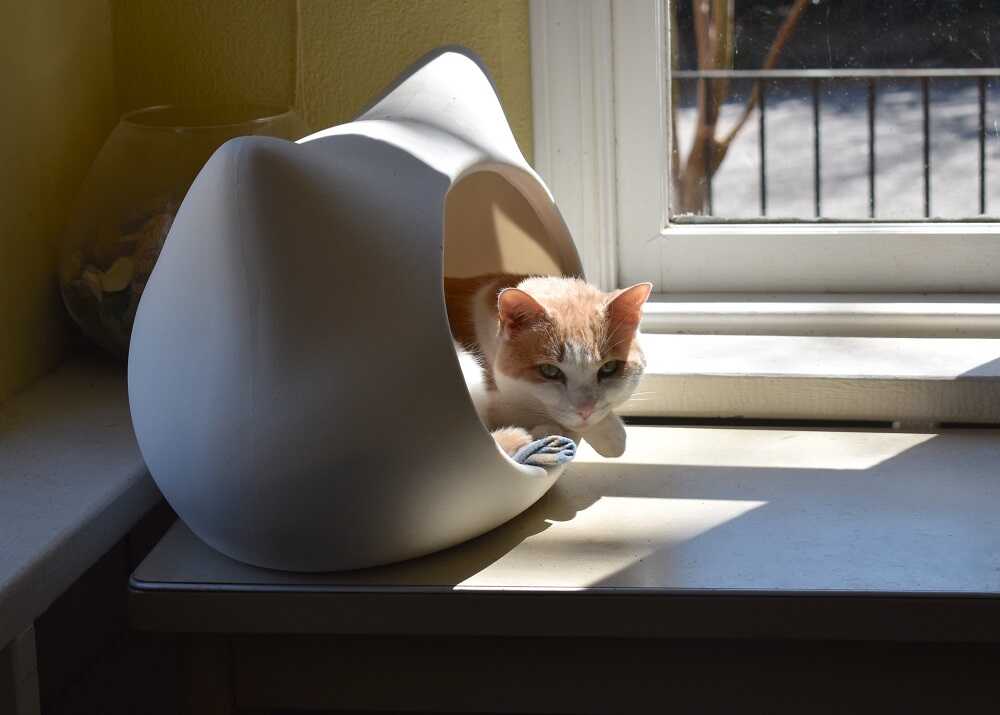As a cat owner, it is natural to wonder when your feline companion will reach the senior stage of their life. While cats are generally considered to be senior citizens around the age of 7, there are many factors to consider when determining the age at which a cat becomes a senior. In this article, we will explore the various factors that can affect when your cat is considered a senior, as well as the signs of aging to look out for in your furry friend.
Factors Affecting When A Cat Becomes A Senior
There are several factors that can affect when a cat is considered a senior. These factors include breed, size, and overall health.
Breed
Different breeds of cats age differently, with some breeds being more prone to certain health issues than others. For example, Siamese cats tend to live longer than Persians, and may not be considered seniors until they are around 10 years old. On the other hand, larger breeds such as Maine Coons may become seniors as early as 6 years old.
Size
Size can also play a role in when a cat is considered a senior. Smaller cats tend to live longer than larger cats, and may not be considered seniors until they are around 10 years old. Larger cats, on the other hand, may become seniors as early as 6 years old.
Overall Health
Overall health is perhaps the most important factor when determining when a cat becomes a senior. A healthy cat may not show signs of aging until they are well into their senior years, while a cat with health issues may become a senior earlier.
Signs of Aging in Cats
As cats age, they may begin to show signs of aging. Some common signs of aging in cats include:
Reduced Activity
Senior cats may become less active than their younger counterparts. They may spend more time sleeping and less time playing.
Weight Changes
Senior cats may experience changes in their weight, either gaining or losing weight. This can be a sign of an underlying health issue and should be addressed by a veterinarian.
Changes in Coat Condition
As cats age, their coat may become less shiny and smooth. They may also develop bald spots or areas where their fur is thinner.
Behavioral Changes
Senior cats may experience behavioral changes such as increased vocalization, confusion, or disorientation.
Dental Problems
Dental problems such as gum disease are common in senior cats. Regular dental check-ups and cleanings can help prevent these issues.
Caring for a Senior Cat
Once your cat reaches their senior years, it is important to take extra care of them to ensure they remain healthy and comfortable.
Regular Veterinary Check-Ups
Regular veterinary check-ups are important for senior cats to ensure that any health issues are caught early and treated promptly.
Diet and Nutrition
Senior cats may require a special diet to help maintain their health. Speak with your veterinarian about the best food for your senior cat.
Exercise
While senior cats may not be as active as younger cats, it is still important to provide them with opportunities for exercise. Playtime with toys and gentle exercise such as walking can help keep your senior cat healthy.
Comfortable Living Environment
As cats age, they may require a more comfortable living environment. Provide your senior cat with a warm and cozy bed, and ensure that their litter box is easily accessible.
Conclusion
While there is no set age at which a cat becomes a senior, there are several factors that can affect when your furry friend reaches this stage of their life. By knowing about these things and keeping an eye out for signs of aging, you can make sure your senior cat gets the care and attention it needs to stay healthy and happy in its golden years. Don’t forget to take your senior cat to the vet for regular checkups, feed it well, and make sure it has a comfortable place to live.
Share this article:

